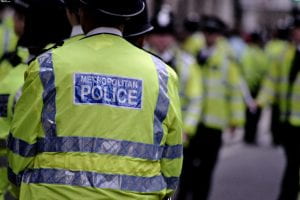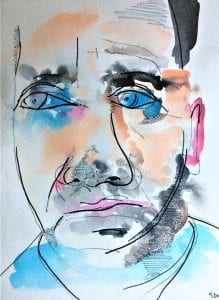By Dr Michael Naughton, Reader in Sociology and Law (University of Bristol Law School and School of Sociology, Politics and International Studies (SPAIS)).
I have written previously about why language matters. Put simply, language matters because it is the words or phrases that we use that shapes and reflects how we think, feel and act as individuals in response to social and/or legal issues such as alleged sexual offences or alleged false allegations, which is the subject of this article. With this in mind, in evaluating the intended provocation in the title, ‘What the police and prosecution were told to believe all victims of false allegations?’, it is crucial that the key terms are clearly defined at the start of any analysis. (more…)



